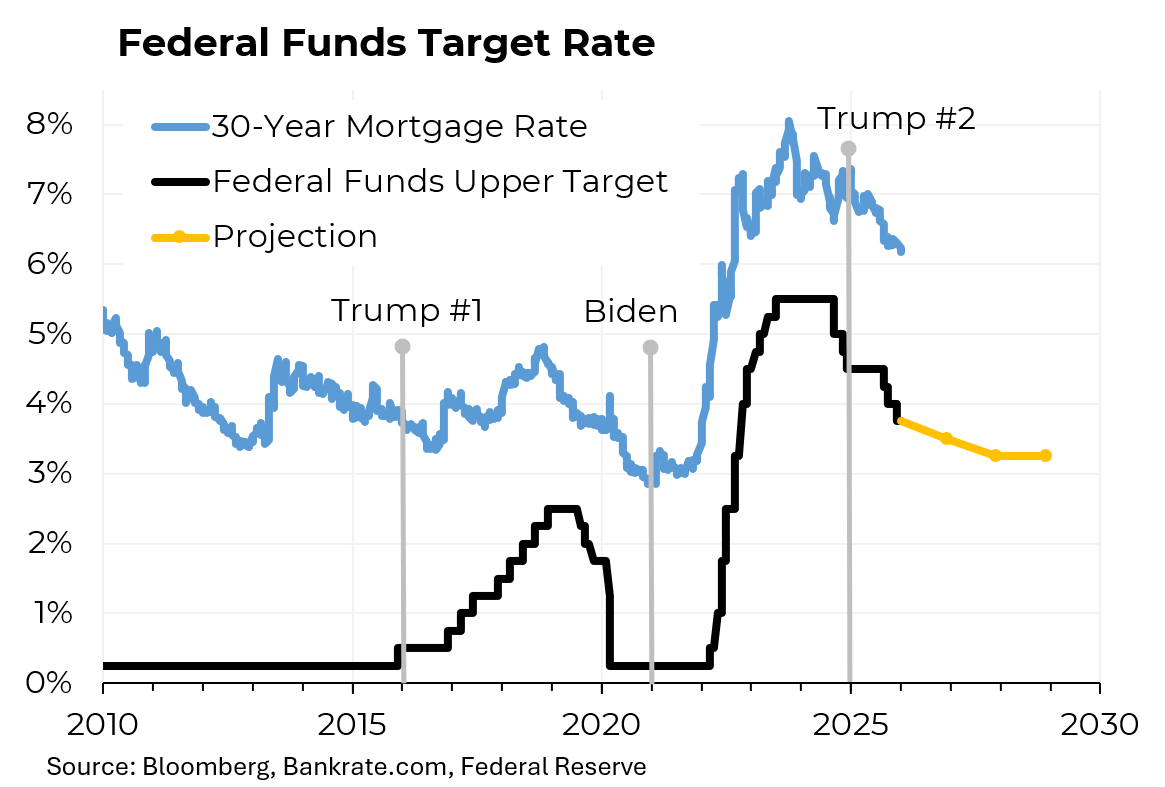Originally appeared in The New York Times
DONALD TRUMP’S economic views may not have garnered as much attention as his misogynistic statements, but they are equally unpalatable, evincing a lack of understanding of basic economics that is startling for a billionaire businessman.
While Mr. Trump has not provided specifics much beyond the “Make America Great Again” slogan featured on his often-present baseball cap, strands of Trumponomics have trickled out amid the stream of braggadocio and ad hominem attacks on his critics.
And what bizarre views they are — a curious mélange of populism and hard-right conservatism, inherently contradictory perspectives that often lie far outside the boundaries of accepted economic thought.
Take, for example, what seems to be his “No. 1” issue: trade. Mr. Trump believes the Chinese (and others) have been playing us for fools; using cheap labor, currency manipulation and trade barriers to favor their exports and limit our imports.
In Mr. Trump’s mind (although not in the minds of serious economists), that’s why we’ve lost five million manufacturing jobs since 2000.
The Chinese are certainly protectionists, but a shift in manufacturing jobs was inevitable. For centuries, as countries have developed, the locus of jobs has shifted based on comparative advantage.
Moreover, many of those manufacturing jobs weren’t lost to other countries but to growing efficiency, just as employment in agriculture in the United States has fallen even as output has risen.
No policies could reverse tectonic forces of this magnitude, and in suggesting that there are remedies, Mr. Trump is cynically misleading the American public.
Still worse are his notions for how to bring jobs home, particularly his call for huge tariffs. At various times, he has proposed levies of 25 percent on imports from China and 35 percent on Ford vehicles assembled in Mexico. That would significantly raise prices for Americans and unleash retaliatory moves.
Another tenet of his trade policy would be a weaker dollar, which would discourage imports by making them more expensive and increase the competitiveness of American exports.
But a weaker dollar depends on low American interest rates, and Mr. Trump has separately decried the expansionary monetary policy of the Federal Reserve.
In that criticism, Mr. Trump has been aligned with a flotilla of staunch conservatives who have argued for years that maintaining interest rates near zero is certain to unleash asset bubbles and rampant inflation.
To date, that view has proved utterly wrong. Low interest rates have helped our economic recovery. And not only is inflation nowhere to be seen, but the prices of key barometers, like commodities and energy, are falling.
The list of Mr. Trump’s wrongheaded ideas goes on and on: We shouldn’t increase the minimum wage, which is well below historic levels, after adjustment for inflation. Corporate taxes should be eliminated. Global warming is a fantasy.
By some estimates, Mr. Trump’s proposal to build a wall along the Mexican border would cost billions and his plan to deport 11.5 million undocumented immigrants could cost at least $400 billion over 20 years, while losing the services of millions of workers would significantly dent economic growth.
When challenged on his more outlandish ideas, Mr. Trump retreats into chest thumping, with comments like “you have to let me handle that, O.K.?”
At times, Mr. Trump goes on the attack without actually disagreeing. The Affordable Care Act should be abolished, but his suggested replacement bears considerable resemblance to President Obama’s plan. He has pushed for even greater involvement by government in health care, praising the single-payer models of Canada and Scotland.
I guess a foolish inconsistency can also be the hobgoblin of a big mind.
When it comes to budgets, Mr. Trump’s numbers (were he ever to release any) couldn’t possibly add up.
He wants to build infrastructure, bolster defense and the Department of Veterans Affairs, cut taxes and protect Social Security and Medicare from any trims, all while proclaiming that he’s a fiscal conservative.
In 1999, to address the problem of too much federal debt, Mr. Trump proposed a one-time, 14.25 percent wealth tax on the very rich. Fortunately, the idea never gained traction; a $5.7 trillion tax increase would have plunged the economy into recession, if not depression.
In the Republican debate, Mr. Trump, who has watched four of his companies slide into bankruptcy, said of the nation’s debt mountain: “They need somebody like me to straighten out that mess.”
Confronted recently by one journalist about his policy prescriptions, Mr. Trump replied: “You’ll be happy, believe me. You’ll be happy.” I’ll be happy when he is off the stage.





